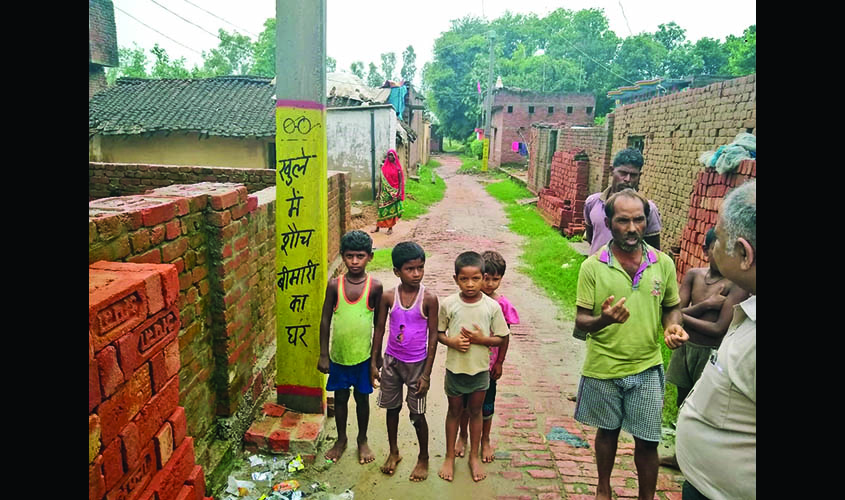‘Many women desire that their partners share the same maternal healthcare sensitivity’.
Most men in rural areas of India don’t bother to understand the seriousness of maternal healthcare. Many women desire that their partners share the same maternal healthcare sensitivity. The Aanganwadi workers, according to these rural wives or women, mostly sensitise women, leaving their husbands or men behind, while men/husbands play a dominant role in decision-making but lack knowledge about maternal healthcare.
Women are primarily responsible for maternal healthcare. “There are instances where the contraceptive pills do not work, so we stop using them and become pregnant a year or two later,” a woman from Shakur Basti told The Sunday Guardian.
The minimum birth interval recommended by medical science is three years. It is crucial to realise that the mother’s body needs time to heal by replenishing nutrients lost during pregnancy. Researchers found that babies born to women who conceived within six months of giving birth had a 40% increased risk of delivering prematurely and a 61% increased risk of low birth weight, compared to babies born to mothers who waited for 18 to two years between pregnancies. Preterm delivery, low birth weight, and small size for gestational age risk increased by 1.9%, 3.3%, and 1.5%, respectively, each month when the gap between pregnancies was shortened from 18 months.
The majority of Aanganwadi staff members also don’t educate and inform men about family planning choices. Numerous studies have revealed that the majority of men in rural areas do not choose male sterilisation because they are afraid of physical weakness and family opposition. Only a small majority of men use contraception, despite the fact that most men play a significant role in family planning.
Female sterilisation remains the most popular method of contraception today, according to the National Family Health Survey (NFHS) report. Women who are currently married and between the ages of 15 and 49 use female sterilization (38%), followed by pills (5%) and male condoms (10%).
There have been several instances where men refused to take any preventative measures despite the fact that the contraceptives given to women were ineffective. “Patriarchy forces men to act in particular ways. It is crucial that society provide men with spaces for social interaction and educate them about the healthcare options available to their partners. Most men do not want to use contraception, so women who continue having children must bear the responsibility of all healthcare” Shreeti, Centre for Health and Social Justice told this paper.
A paper published by BMC Pregnancy and Childbirth concludes that the role of men can be complicated in patriarchal societies, and social and cultural norms sometimes conflict with public health recommendations. While speaking of maternal healthcare, a doctor told this paper, “More programmes are required to be conducted in the rural areas and both men and women should be equally sensitised about the subject.”

